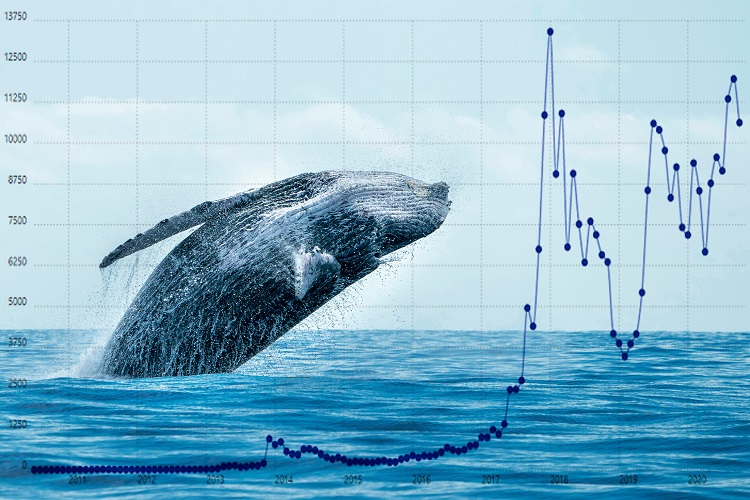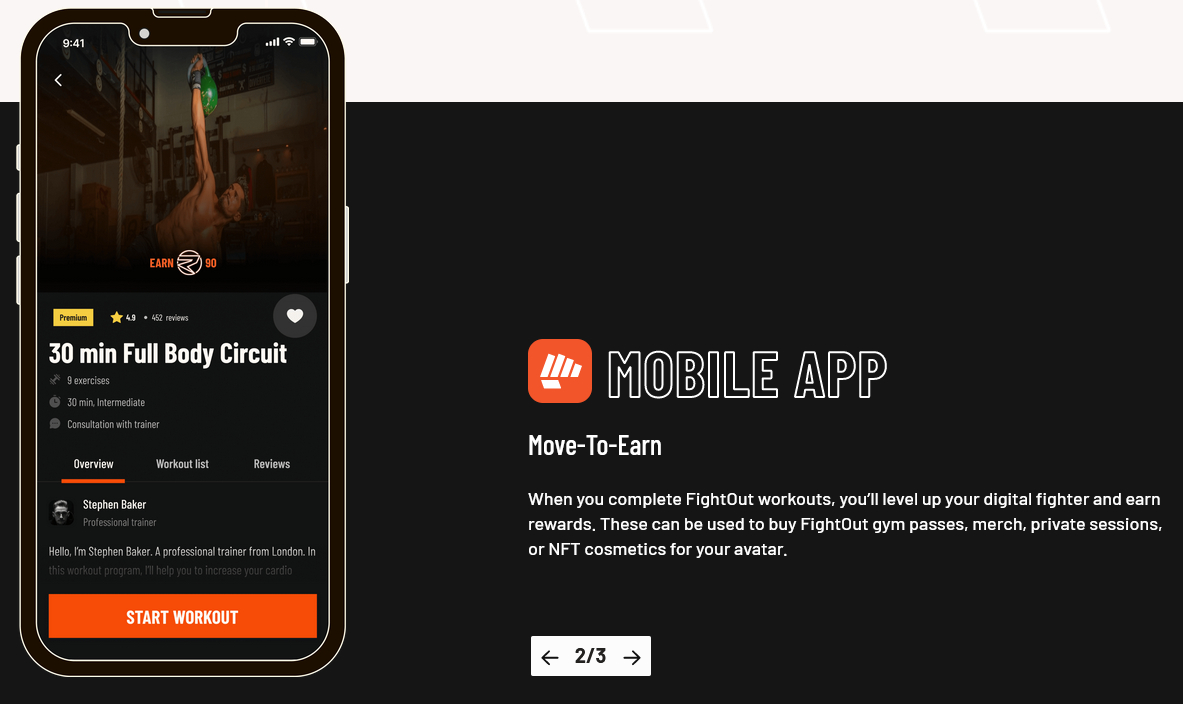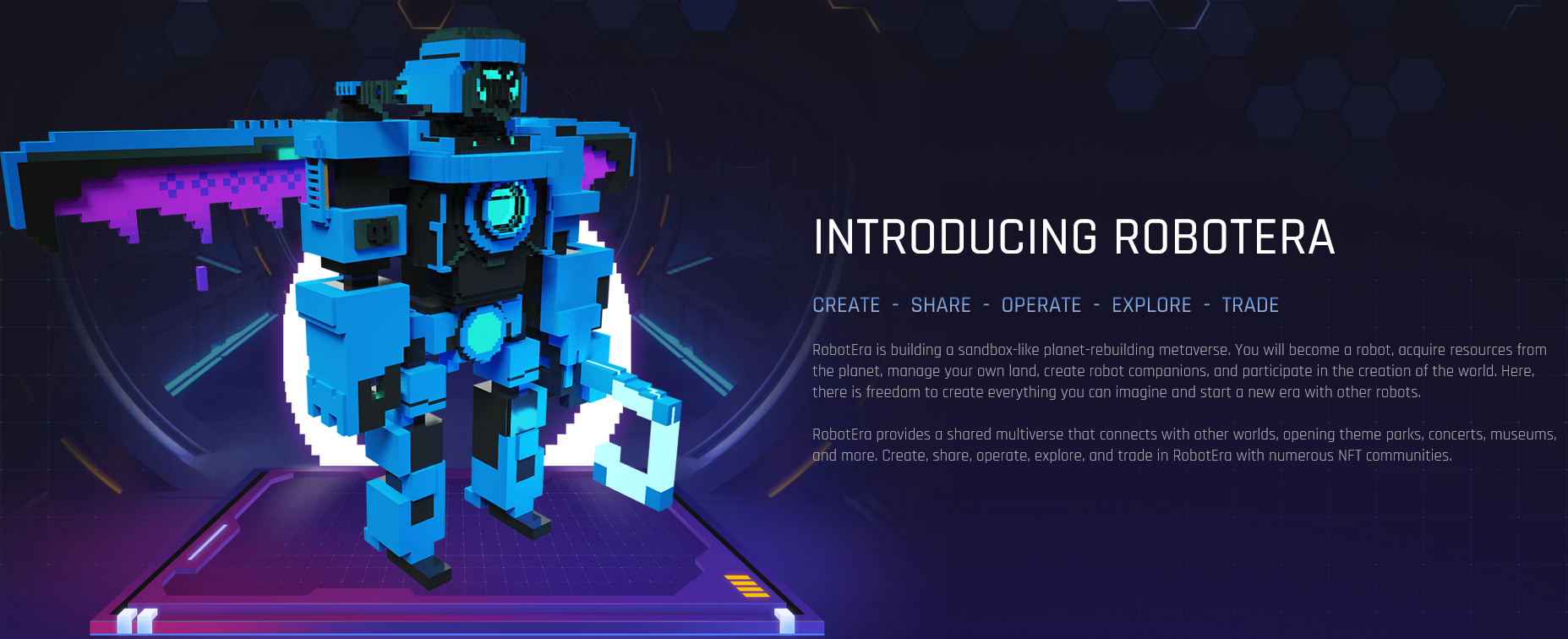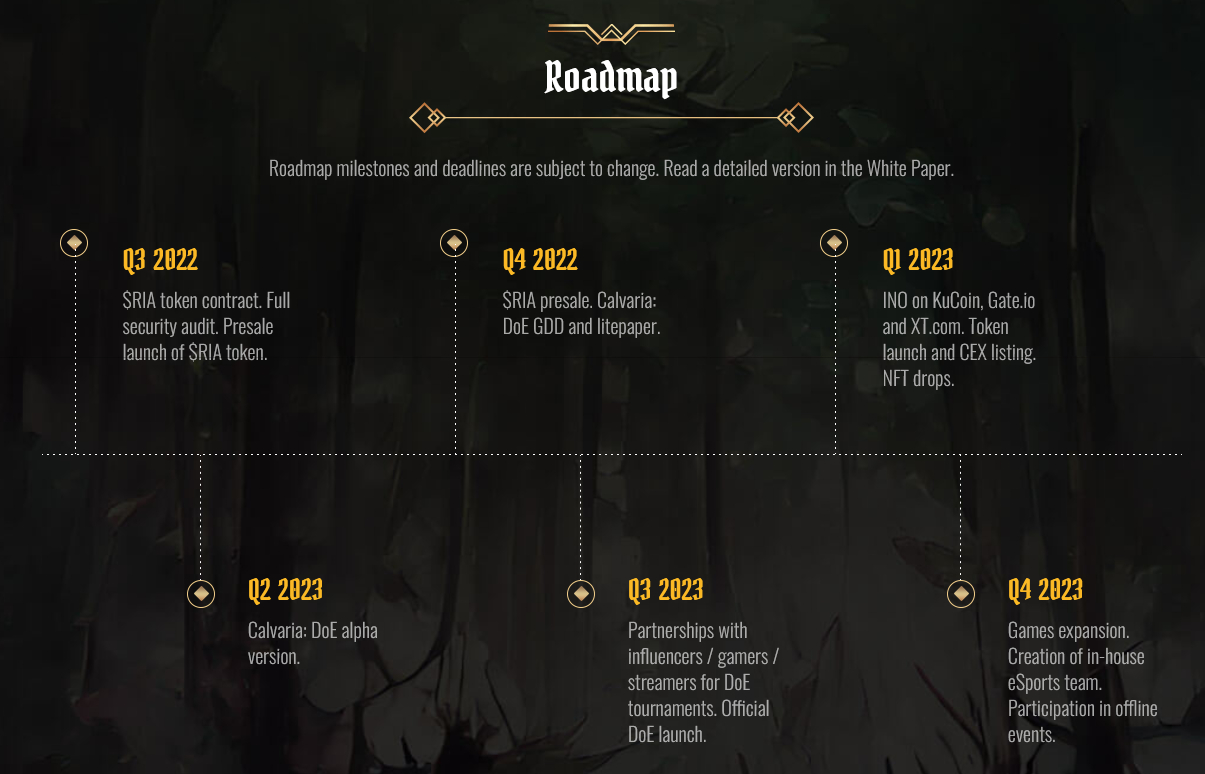
Crypto whales are people or groups who hold a large amount of a given cryptocurrency–and they’re always on the hunt for ways to increase the ROI of their crypto portfolios. One way they do this is to buy promising cryptos early in their development and during presales, which allows them to get more altcoins before demand increases and prices go up. But what is it about certain cryptos that make these whales take notice?
An experienced investor knows how to spot a successful project before the crowds. One way to do this is to spot the momentum a given project has in generating buzz. For example, FightOut a new project with significant financial backing, has already managed to generate quite a bit of interest in its private sale and public presale, having raised over $2.1 million in just a few days. They are planning on opening gyms, partnering with celebrities, and launching AI-powered fighters – taking advantage of multiple key trends that have a high chance of making their $FGHT token popular in the future.
One more way that whales benefit from presales is by receiving bonus rewards. For instance, FightOut provides investors up to 25% extra tokens for purchases of $50,000 or more and 10% for token purchases of just $500. This makes it a lot better deal to buy in bulk for both large investors (whales) and smaller investors, which helps drive up the value of the altcoins before they are listed on exchanges.
In essence, if you’re looking to invest in a potential high ROI project, follow the money and look for promising deals. You can often find tokens at a greatly reduced price by investigating projects with strong fundamentals that have already garnered interest from many investors even before they start trading on exchanges.
Recently, four presales have caught the eye of both whales and smaller retail investors: FGHT, D2T, TARO, and RIA. All look promising for their innovative platforms, engaged investor communities, and experienced development teams – not to mention their ambitious plans.
FightOut (FGHT)
FightOut is an innovative Move-to-Earn (M2E) app and gym chain that allows users to earn tokens by exercising. The project has been gaining a lot of attention from crypto whales, raising over $1 million in its 7-day private sale. It’s now rapidly gaining pace in the first round of its public sale, as mentioned above.
FightOut is head and shoulders above other M2E programs for a variety of reasons. To start, FightOut’s technology lets users measure all fitness activity–not just steps taken . Also, there is no need for users to buy NFTs to get started; and with FightOut you get rewarded for making healthy choices instead of just walking around aimlessly, for example.

The FightOut app allows users to represent themselves with a soulbound avatar. This avatar has physical attributes like strength and cardio health, which give you access to a metaverse community where fitness becomes social currency. As you accomplish more fitness goals in real life, your stats level up–as does your avatar.
FightOut’s first gym is expected to open in late 2023. Each location will have a health bar, studio, and co-working area. The FightOut ambassador program promises to bring aboard famous names from the pro boxer world along with other elite athletes to help promote the brand through masterclasses and other events.
The project already has a huge demand for the token, so it has potential to grow even more in 2023.
Dash 2 Trade (D2T)
Dash 2 Trade is a one-stop-shop for anyone looking to get reliable, data-driven information about investments. This will be done through providing tools for social sentiment analysis, buy and sell signals for trending coins, and a scoring system with advanced grading features for presales.
The recent FTX scandal has caused many people to invest in resources to avoid cryptocurrency scams. In response, Dash 2 Trade has announced that their platform will go live sooner than originally planned and their token presale will end sooner than initially plannted.
The majority of Dash 2 Trade’s functions will utilize D2T tokens, which is estimated to create a large demand for the token. The current D2T token presale has raised $10.1 million and 76.5% of tokens have been sold. In addition, the beta version of thepresale dashboard will be released in the near future.
RobotEra (TARO)
In RobotEra, players have sole control over their robotic allies while they investigate and redevelop the annihilated planet of Taro. The game’s tools, which don’t require any programming skills, enable personal robots and assets to be constructed.

Gamers can make income from joining quests, communal events, and staking. They could also make money by selling space on billboards or buildings within the game realm and holding their own functions, charging fellow players an entrance fee.
The development team also plants to add virtual and augmented reality (VR/AR) into the game next year, making for even more immersive gameplay that will no doubt benefit from these upcoming trends.
Since launching its presale, RobotEra has raised over $577K in funding and is quickly making its way to $1 million.
Calvaria (RIA)
Calvaria: Duels of Eternity is a strategy card game that is currently big news in the NFT space. In the afterlife-themed metaverse game world, players collect NFT-based character decks they use to strategically battle opponents for rewards and prestige.
Rewards come in the form of in-game crypto and non-fungible tokens (NFTs) game assets and cards, which can be traded using RIA tokens in Calvaria’s marketplace. RIA also acts to give governance power over the game’s decentralized autonomous organization (DAO), which will govern the direction of game development and other game decisions. The token can also be staked, of course, being an ERC-20 token, generating additional income for holders.

So far, the game’s presale has raised nearly $2.5 million and successfully reached 80% of its original goal of $3 million. Since development is running ahead of schedule, developers are also ending the presale early–and there will now be only 150 million tokens available instead of initial 300 million that was offered.




